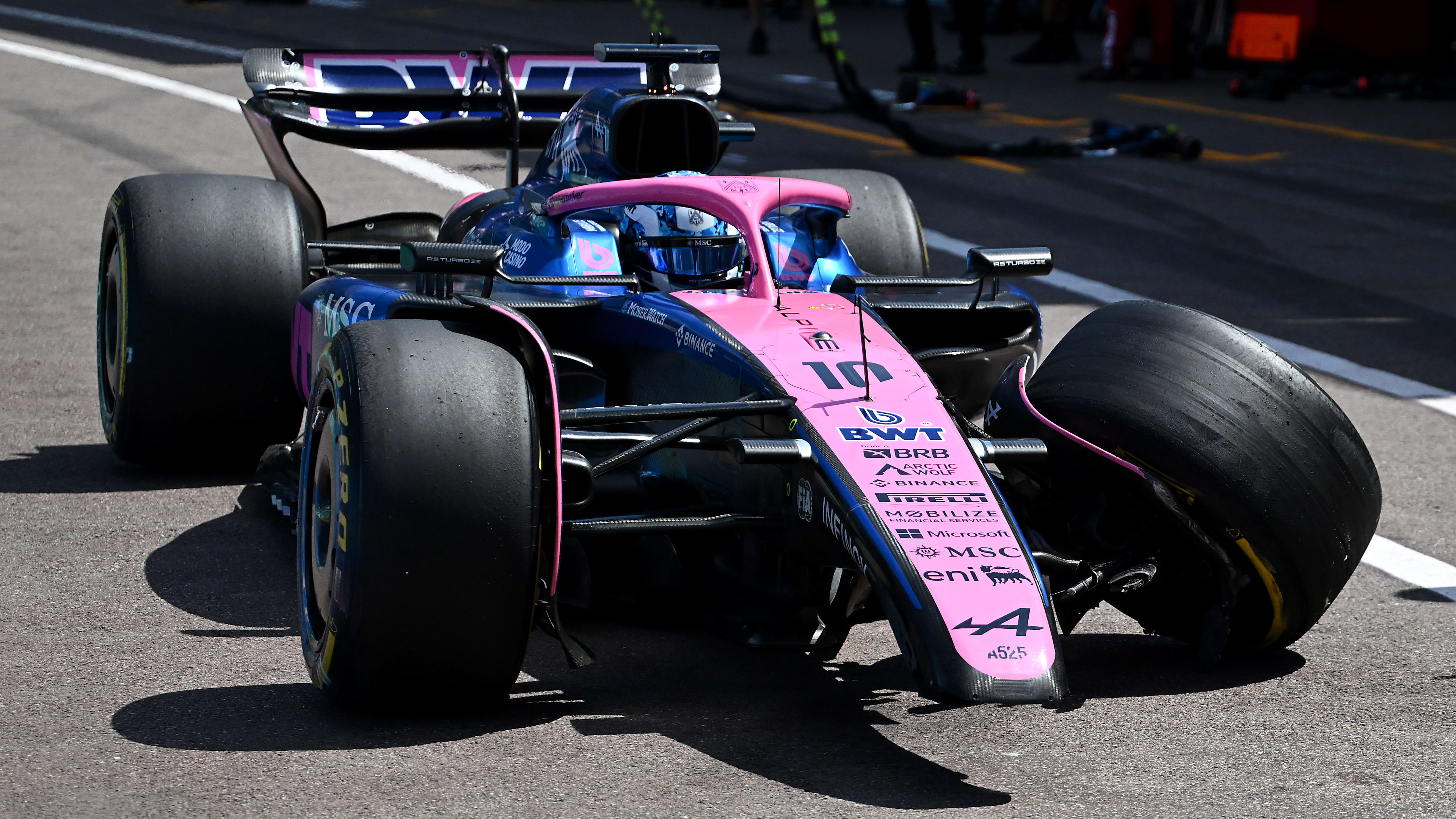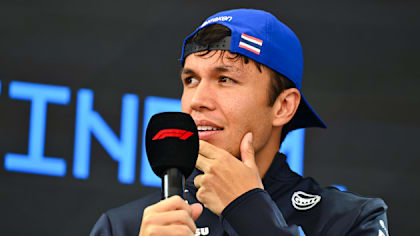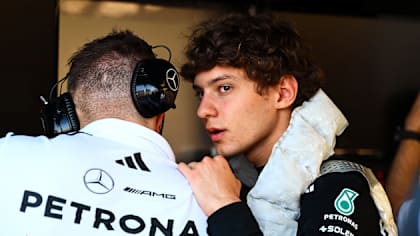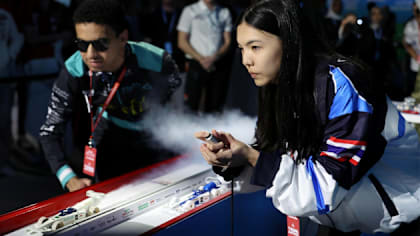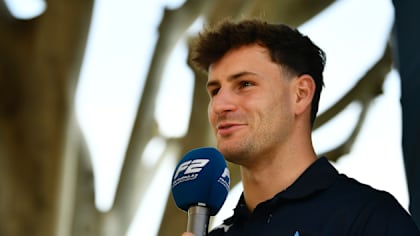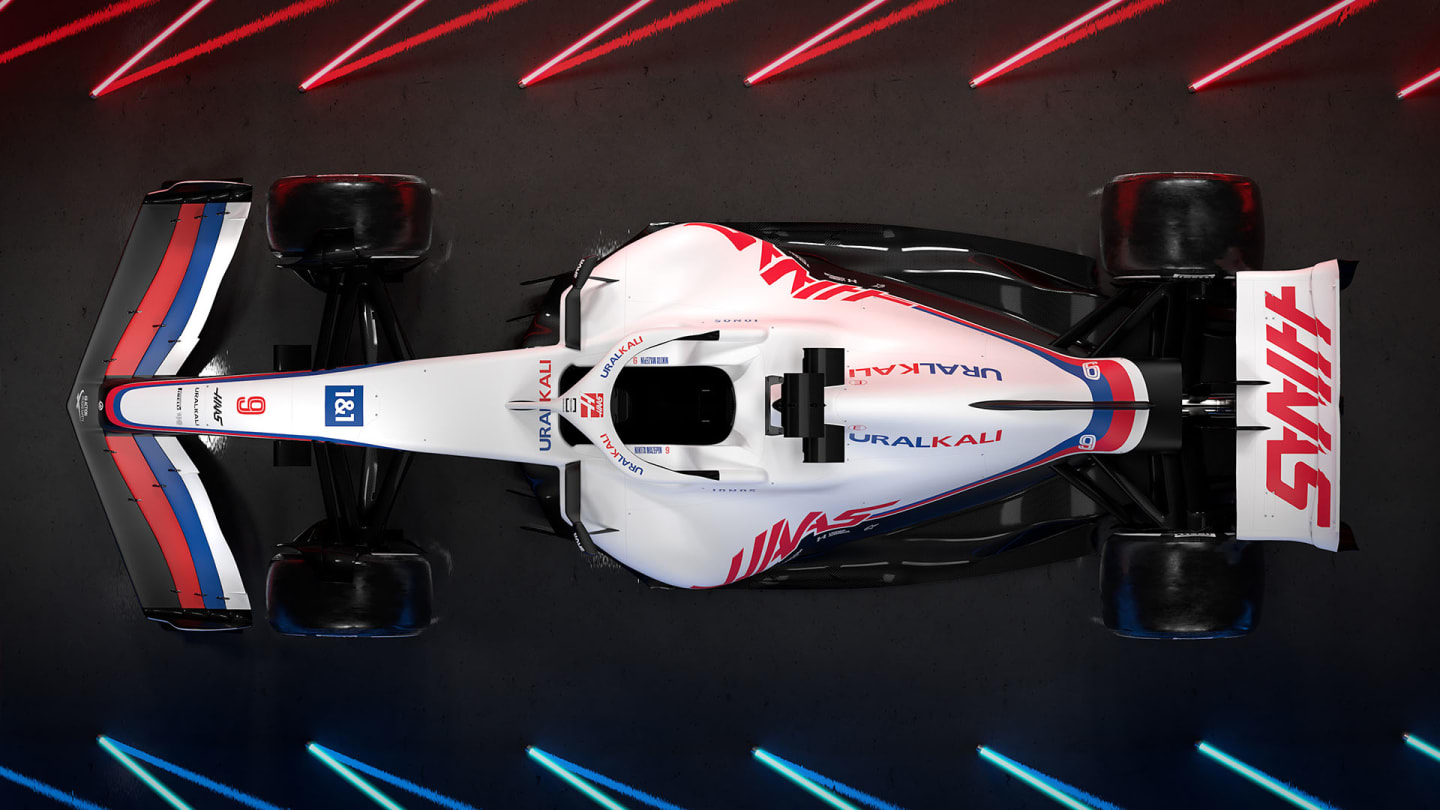
Feature
How Haas plan to return to the F1 midfield in 2022
Share

After Haas revealed digital renderings of what they described as the “design and livery” of their 2022 car, we take a look at the American team’s ambition, with insight from Team Principal Guenther Steiner and Technical Director Simone Resta…
Chastening. That’s a polite way to describe the 2021 Formula 1 campaign for Haas. The American team were lumbered with a car that had its roots in a chassis from 2019 and had subsequently only been modified minimally to comply with regulation changes. The result was a machine that was so slow, it had no genuine chance of fighting for points.
READ MORE: Haas become first team to reveal 2022 car and livery
But owner Gene Haas and every member of the team knew last year would be painful, as following the financial challenge thrown at every team in 2020 courtesy of the Covid-19 pandemic, Haas took the decision not to spend a single dime on developing the 2021 car and instead pile all their resources – which remain the smallest of all 10 teams on the grid – into 2022, where sweeping new technical regulations would offer more bang for their buck.
“I can’t remember such a big change in the last 20 or so years,” said Resta. And with change brings the opportunity to make a big step, ideally in the right direction up the grid.
It was a gamble – but one that made complete sense given they were at the back with little hope of making progress last year as the relative gains were significantly smaller. But after a year where the pressure was off and the results didn’t matter, there will be no such luxury this season.
READ MORE: Haas Technical Director Resta calls 2022 car build 'most complex in the last 20 years'
Gene Haas’ love affair with F1 has been wavering – and he will not wish to continue spending his own personal fortune on running a race team in F1 that lingers around the back. He wants success and a return on his investment.
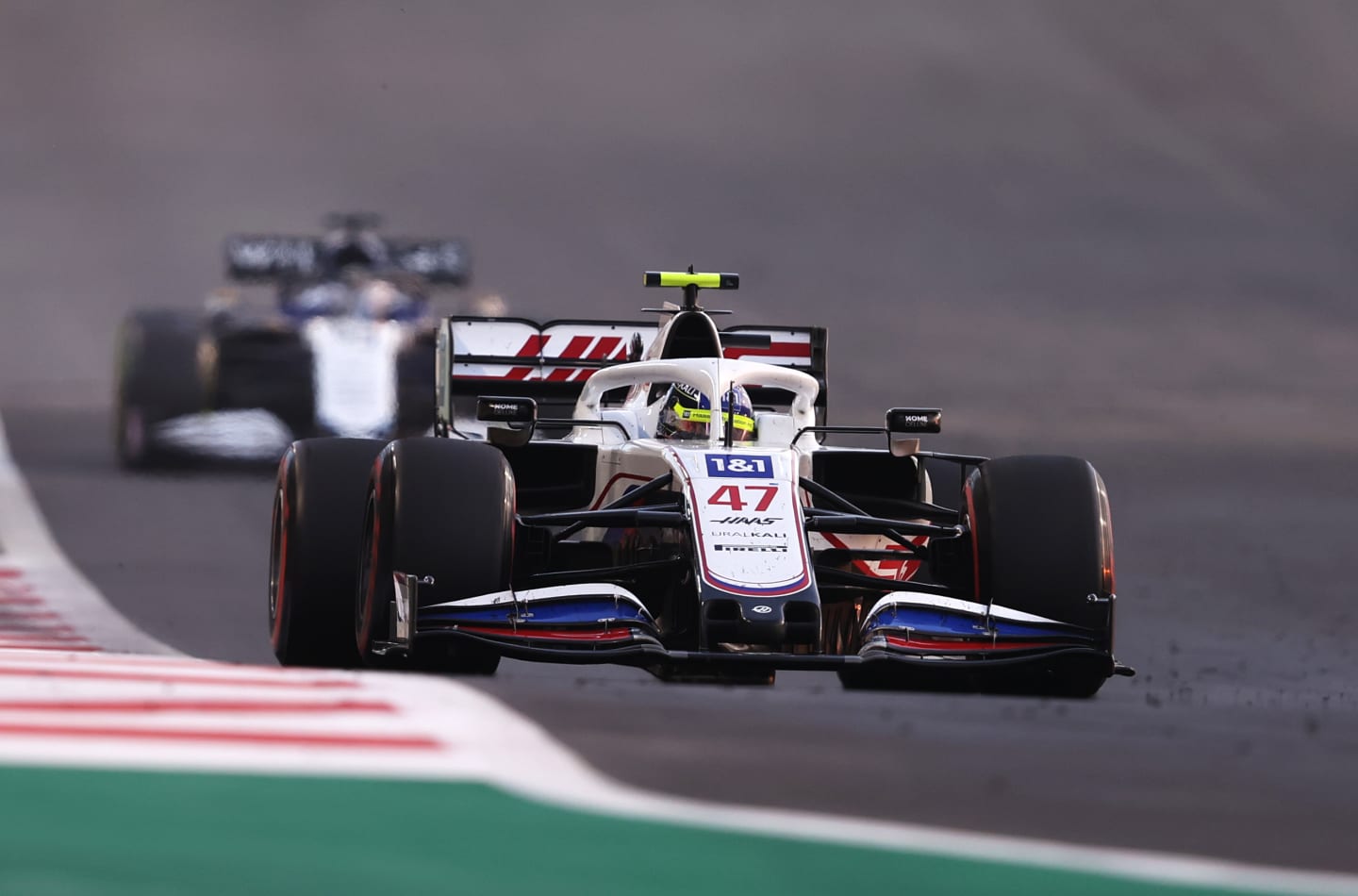
2021 was a tough slog for Haas
Make no mistake, Haas are not expecting to turn up in Bahrain with a car capable of winning the Grand Prix, despite having been the first team to divert 100% of their resources to the 2022 car. That is unrealistic. But what they do expect is to be part of the midfield pack and in contention to score points based on pure performance.
They’ve already proved they can do so. Their debut 2016 season was strong, with Romain Grosjean scoring at their first race, while in 2018, their car was at times the fourth-best on the grid, as they ended up fifth overall in the pecking order.
While the American squad will continue their close alliance with Ferrari, they are a different operation to the one that entered F1 in 2016 relying heavily on their Italian partner. Sure, they’ll still be taking the power unit – which Ferrari boss Mattia Binotto says will be a new concept for 2022. And they will receive as many parts as the regulations permit from the Scuderia, too, though the number allowed has reduced versus previous seasons.
But they have six years of Formula 1 experience under their belts, have learned first-hand the highs and lows of performance, and now they have – for the first time in their history – a Technical Director in Resta and a proper design office, which is situated in Maranello, that can drive development – and hopefully performance.
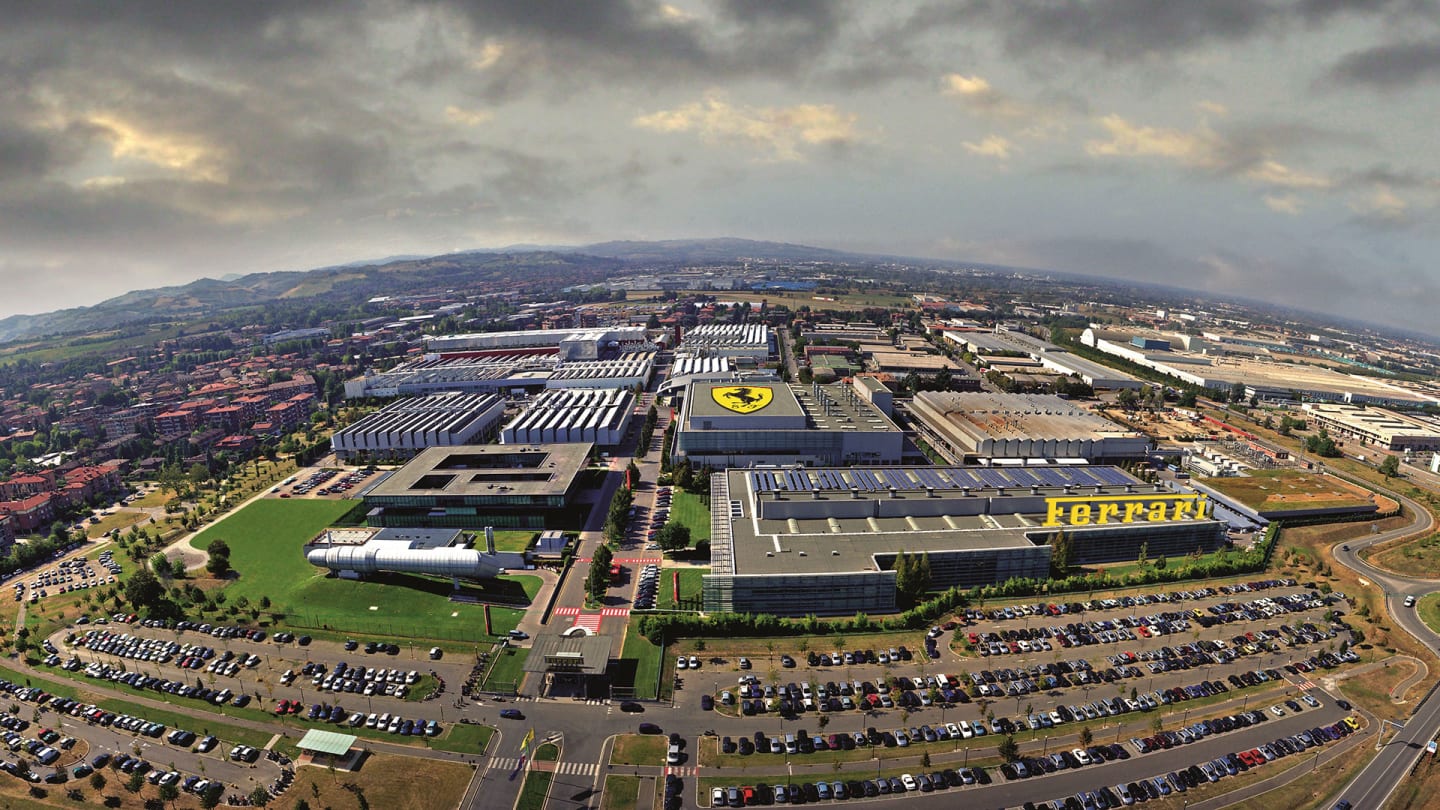
Haas have the benefit of working in Maranello
Resta’s presence is a potential gamechanger. The Italian is a Ferrari man through and through, having spent more than two decades working for the Prancing Horse. He knows how to win. He knows what it feels like to lose. And he knows how to bounce back. He also has experience of secondments, having been parachuted into Sauber in 2018 before returning to the works team.
DIARY DATES: The 2022 F1 calendar, pre-season testing and car launch schedule
Under him, Resta has a team of around 35 former Ferrari staff, who have moved across from the works team as the Scuderia was forced to slim its workforce to comply with the budget cap. Resta knows those talented folk well, and they know how Resta likes to operate, so that should streamline the transition process dramatically, while also allowing them and Ferrari to maximise the great “synergies”, as Binotto puts it, that are possible between the two teams.
Resta will absorb a small in-house team at Haas, which includes chief designer Rob Taylor and aero boss Ben Agathangelou, and they will continue to work with Dallara, who produce the chassis – although the Italian firm’s role will be somewhat reduced courtesy of Haas’ new internal strength and depth that requires a reduced reliance on external suppliers.
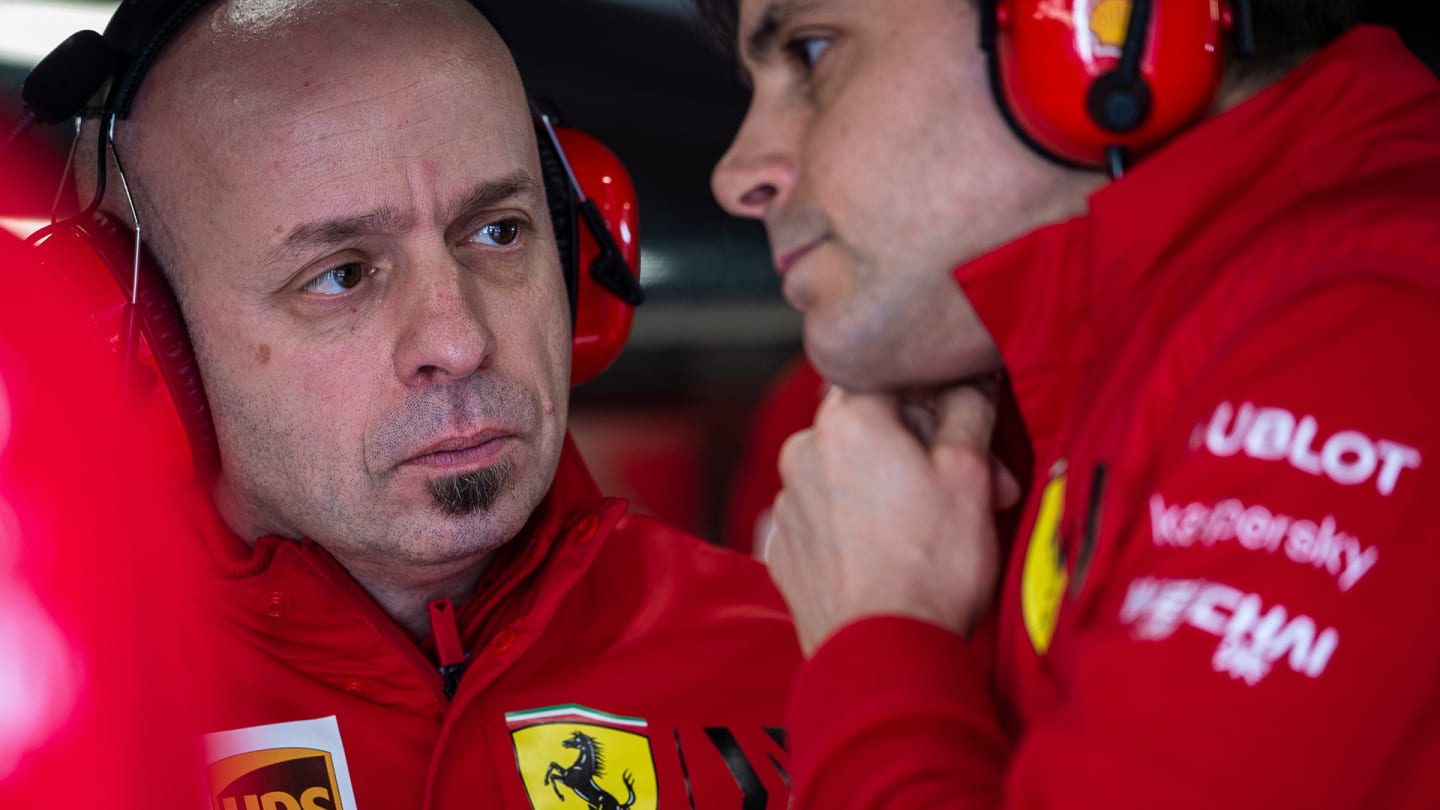
Resta joined the team from Ferrari
They still face a huge task, though, and Resta knows it will take time for everyone to gel. “If we look back a year ago to where we are now, I think there has been a dramatic step forward. If we could take the staff we have now and go back to this time last year, it would’ve been fantastic to start the project with them,” he said.
“It’s important to highlight that we are still in the early stages of our development and transition, we will still grow a lot this year and finesse areas and skillsets. I expect that we’ll see the best deployment from this team in one year after developing the car and in general just more time working with each other.”
Throughout last year, Steiner was open when discussing the challenge of keeping his team motivated through a season that yielded just a couple of Q2 appearances and only five top-15 finishes. But they stuck together, kept their heads up, and did the best job they could every weekend.
The fact they were closing the gap on the field in the closing stages, helped in part by rookies Mick Schumacher and Nikita Mazepin having almost a season of experience under their belt, showed they were pushing hard – and that bodes well for this season, when the hope internally is they will be fight with those around them.
“I’m cautiously optimistic because I see how Simone and his group developed the car over the last year,” said Steiner. “I saw how hard they worked on it and the results from the wind tunnel, the improvements they do each session. It’s the only thing I can compare and that makes me cautiously optimistic, but to say we will be in the midfield, I don’t know.
“I obviously have faith we will be there but I don’t know what the other ones are doing, so we have to wait a little bit longer. We had two tough years but what kept me going was actually what the people did in ’21 back in the design office and in the aero group [for 2022].”
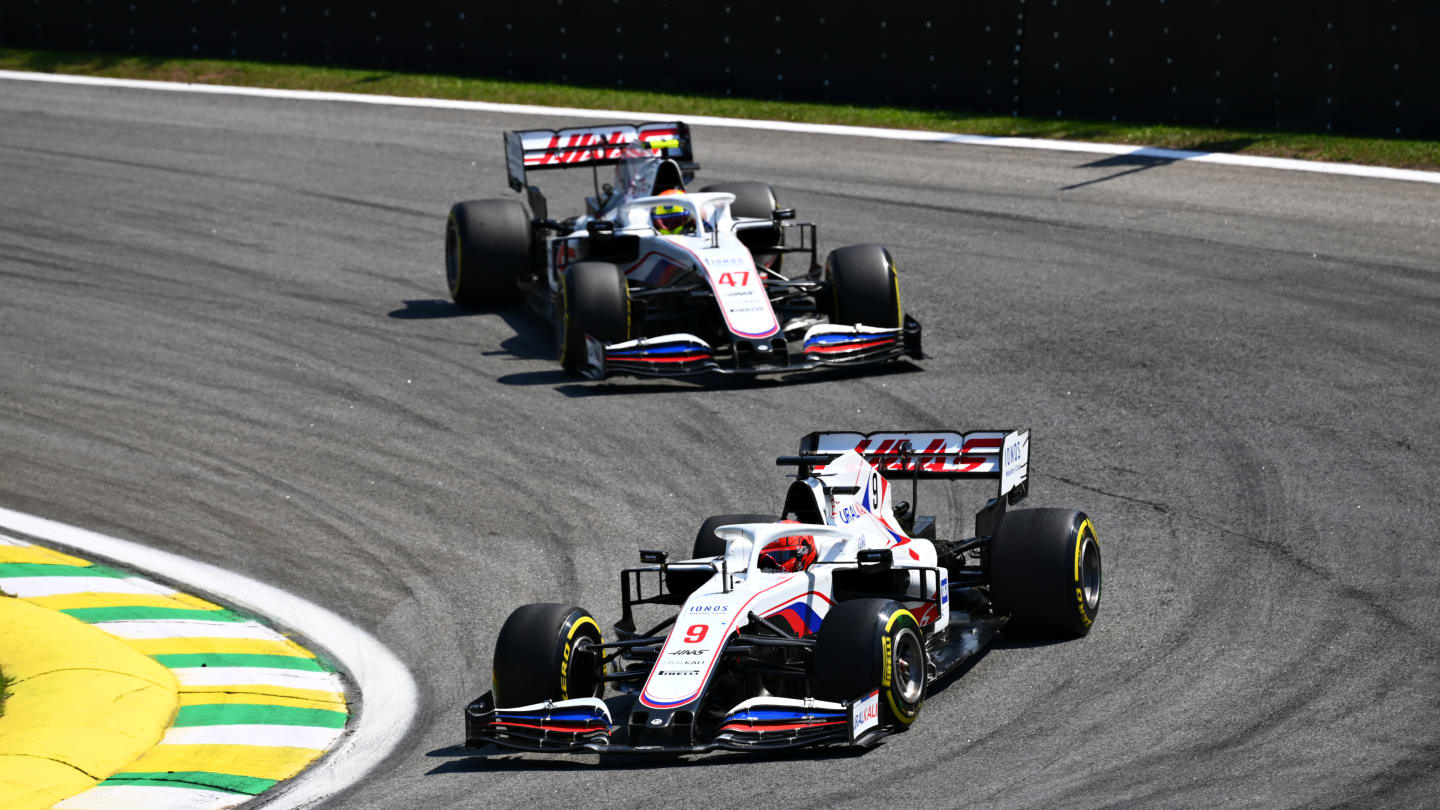
Mazepin and Schumacher's progress was hamstrung by the recalcitrant VF-21
Schumacher and Mazepin will return with Haas and start this season on a much stronger footing, having had a year to get used to the complexities of racing in Formula 1. While they didn’t have points to show for it, it was felt internally that towards the end of the season they had progressed to the extent both were getting close to the maximum out of the car.
It’s to their credit that they dealt with such a challenging package and a scenario where they knew they wouldn’t be able to compete so well – and that should stand them in good stead to get to grips with a car Haas are hoping will benefit from so much focus to deliver performance.
READ MORE: 5 blockbuster rivalries to watch out for as we get set for an unmissable 2022 season
Will their 2021 sacrifice and the hard work since be enough to turnaround their fortunes? With so many changes to the rules, it’s difficult to say – as who knows what the other nine teams have been able to achieve?
But the early iteration of the Haas VF-22, revealed in the renders, looks solid and they will reveal more modifications before the car hits the track later this month in Barcelona. Over the course of those three days of running, plus the pre-season test in Bahrain thereafter, we should get a glimpse into whether they have done enough.
Gene Haas will certainly be hoping so.
YOU MIGHT ALSO LIKE
News ‘It’s not how we want to go racing’ – Albon rues frustrating ‘tactical game’ in Monaco
News ‘There was nothing more I could have done’ – Antonelli searches for positives after ‘difficult’ Monaco weekend
News Inaugural Aramco STEM Racing World Finals to be held in Singapore
News Victor Martins to make F1 weekend debut as Williams confirm F2 racer for FP1 in Barcelona
